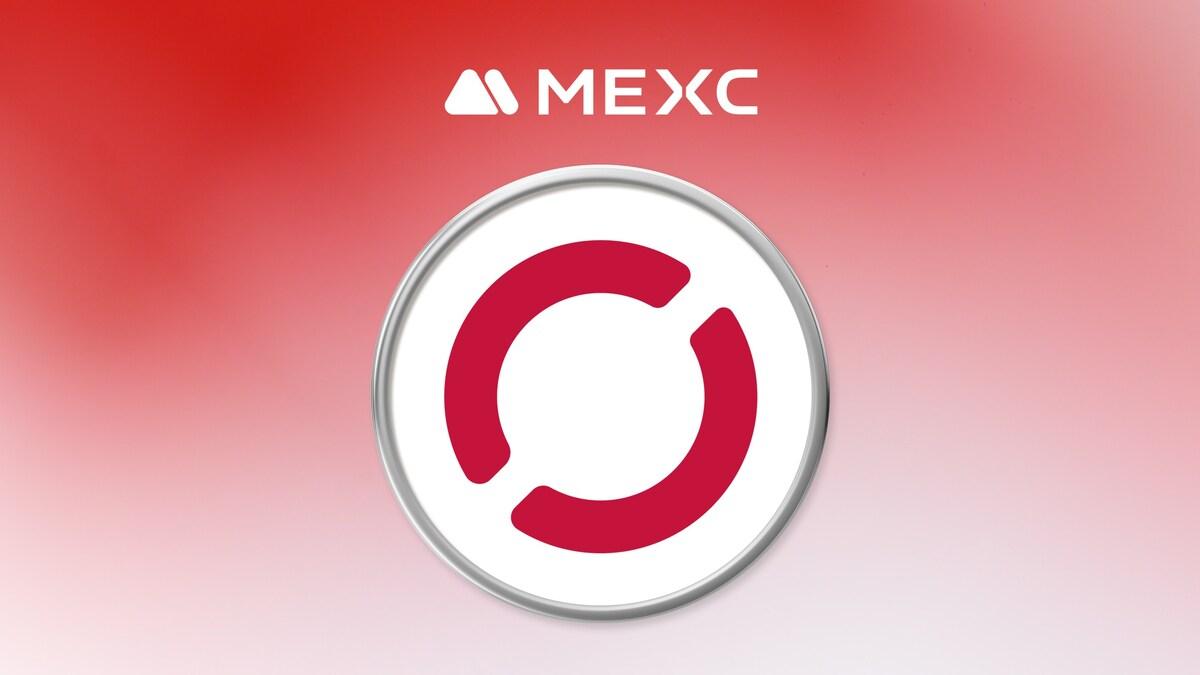BitcoinWorld

Upbit’s Pivotal Move: Boosting Crypto Compliance with Travel Rule Integrations
In the dynamic world of digital assets, regulatory adherence is becoming as crucial as innovation. For users of South Korea’s leading cryptocurrency exchange, Upbit, a significant development has just unfolded, marking a pivotal step forward in crypto compliance. Upbit has officially announced the integration of BDACS and Custella into its Travel Rule-compatible network, a move that directly impacts how users manage their virtual assets. This update, reflected in Upbit’s revised list of supported Virtual Asset Service Providers (VASPs) published on July 18, means more seamless and compliant transactions for millions.
Understanding the Travel Rule: Why It Matters for Your Virtual Assets
Before diving into the specifics of Upbit’s announcement, let’s demystify the ‘Travel Rule’. Originating from traditional finance, this regulation was extended to cryptocurrencies by the Financial Action Task Force (FATF) – an intergovernmental organization that sets international standards to prevent money laundering and terrorist financing. In essence, the Travel Rule mandates that virtual asset service providers (VASPs) like Upbit must collect and transmit specific information about the sender and receiver for transactions exceeding a certain threshold.
- Combating Illicit Finance: The primary goal is to prevent the misuse of cryptocurrencies for illegal activities such as money laundering, terrorism financing, and sanctions evasion.
- Enhancing Transparency: It brings a level of accountability to crypto transactions, similar to traditional bank transfers.
- Global Standard: While implementation varies, the FATF’s recommendations push for a globally harmonized approach to digital asset regulations.
For users, this means that for transactions above a specified amount (in South Korea, it’s typically 1 million won or approximately $717), exchanges need to know who is sending and who is receiving the funds. This ensures a safer, more transparent ecosystem for everyone involved in South Korean crypto.
Upbit’s Strategic Expansion: Strengthening the Upbit Travel Rule Network
Upbit, a powerhouse in the South Korean crypto market, has consistently been at the forefront of regulatory compliance. Their latest move to add BDACS and Custella to their Travel Rule-compatible VASP list underscores this commitment. This isn’t just a minor update; it’s a strategic expansion that broadens the scope of compliant transactions available to Upbit users.
Previously, sending or receiving virtual assets from platforms not integrated with Upbit’s Travel Rule solution could be cumbersome, often requiring manual verification processes or being restricted entirely for larger amounts. With BDACS and Custella now on board, the process becomes significantly smoother. Users can confidently deposit and withdraw virtual assets exceeding the 1 million won threshold, knowing their transactions are compliant with local regulations.
What Does This Mean for Your Deposits and Withdrawals?
The practical implications of this integration are straightforward and beneficial for Upbit users:
| Feature | Before Integration | After Integration (with BDACS/Custella) |
|---|---|---|
| Virtual Asset Transfers > 1M Won | Potentially restricted or required manual verification. | Seamless deposits and withdrawals between Upbit and BDACS/Custella. |
| Compliance Assurance | Varies by platform; potential for non-compliance issues. | Full Upbit Travel Rule compliance for linked transactions. |
| User Experience | Can be complex for larger transfers. | Simplified and expedited process. |
This enhanced interoperability simplifies the user experience, making it easier for individuals and institutions to move their digital holdings across compliant platforms without unnecessary hurdles. It’s a clear win for convenience and regulatory peace of mind.
The Broader Picture: Navigating Digital Asset Regulations in South Korea
South Korea has emerged as a leader in establishing clear frameworks for digital asset regulations. The country’s financial regulators, including the Financial Services Commission (FSC) and its Financial Intelligence Unit (FIU), have been proactive in implementing FATF guidelines, making crypto compliance a non-negotiable aspect of operating in the market. Upbit’s continuous efforts to expand its Travel Rule network are a direct response to, and a reflection of, this stringent regulatory environment.
This proactive approach by exchanges like Upbit helps to:
- Foster Trust: A regulated environment builds confidence among retail and institutional investors.
- Prevent Market Manipulation: Stronger oversight can deter illicit activities that destabilize the market.
- Promote Innovation Responsibly: While regulating, South Korea aims to ensure that innovation in the blockchain and crypto space can still thrive within a secure and lawful framework.
The integration of more VASPs into compliant networks is essential for the maturation of the crypto industry, transforming it from a niche, unregulated space into a legitimate component of the global financial system.
What Are the Benefits of This Enhanced Crypto Compliance?
Upbit’s latest move brings a multitude of benefits, extending beyond just the convenience of transactions:
- Increased Security for Users: By ensuring that funds are transferred between verified entities, the risk of scams and fraudulent activities is significantly reduced. This directly contributes to a safer environment for your virtual assets.
- Legitimacy and Trust: For the broader South Korean crypto market, such compliance efforts enhance its legitimacy in the eyes of traditional financial institutions and global regulators. This can pave the way for greater institutional adoption and mainstream acceptance.
- Reduced Regulatory Risk for Upbit: By proactively expanding its Travel Rule solution, Upbit reinforces its position as a compliant and responsible exchange, minimizing potential fines or operational restrictions from regulatory bodies.
- Improved Market Integrity: A robust Upbit Travel Rule implementation helps to maintain the integrity of the market by deterring illicit flows of funds, fostering a healthier trading environment.
These benefits collectively contribute to a more stable and reliable cryptocurrency ecosystem, which is vital for long-term growth and widespread adoption.
Challenges and the Road Ahead for Digital Asset Regulations
While Upbit’s step is commendable, the journey towards fully seamless global crypto compliance is still ongoing. Challenges remain, particularly concerning the interoperability of different Travel Rule solutions across various jurisdictions and the delicate balance between compliance and user privacy. Different countries adopt different thresholds and reporting mechanisms, creating a complex web for international transactions.
However, the trend is clear: regulators worldwide are pushing for greater transparency and accountability in the digital asset space. We can expect more integrations like Upbit’s, as exchanges strive to meet evolving digital asset regulations and facilitate a more interconnected yet compliant global crypto economy. The future will likely see further standardization and technological advancements to make Travel Rule compliance even more efficient and user-friendly.
Actionable Insights for Navigating Compliant Crypto Exchanges
For crypto enthusiasts and investors, staying informed about these regulatory shifts is key. Here are some actionable insights:
- Verify VASP Compatibility: Always check if the VASP you are sending funds to or receiving from is compatible with your primary exchange’s Travel Rule solution, especially for larger transactions.
- Understand Thresholds: Be aware of the local Travel Rule thresholds (like South Korea’s 1 million won) to anticipate when additional information might be required.
- Prioritize Compliant Platforms: Opt for exchanges like Upbit that actively embrace crypto compliance. This not only protects you but also contributes to the legitimacy of the entire industry.
- Keep Records: Maintain clear records of your transactions, especially those exceeding Travel Rule thresholds, for potential future reference or tax purposes.
By taking these steps, you can ensure your engagement with virtual assets remains smooth, secure, and fully compliant.
Conclusion: Upbit’s Forward-Thinking Approach to Crypto Compliance
Upbit’s decision to integrate BDACS and Custella as Travel Rule-compatible platforms is more than just a technical update; it’s a significant statement about the evolving landscape of crypto compliance. This move enhances user experience by streamlining high-value transfers, reinforces Upbit’s commitment to regulatory standards, and contributes to the overall maturity and legitimacy of the South Korean crypto market. As the world of digital asset regulations continues to evolve, exchanges that proactively embrace and implement these measures will undoubtedly lead the way, fostering a safer, more transparent, and ultimately, more accessible future for virtual assets globally. This is a crucial step towards a more robust and trusted digital economy.
To learn more about the latest crypto compliance trends, explore our article on key developments shaping digital asset regulations and institutional adoption.
This post Upbit’s Pivotal Move: Boosting Crypto Compliance with Travel Rule Integrations first appeared on BitcoinWorld and is written by Editorial Team





